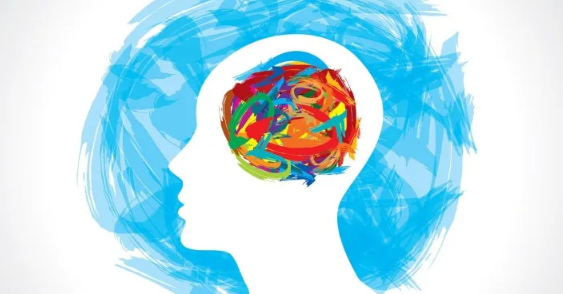UK higher education institutions are welcoming an ever wider range of neurodiverse learners who are increasingly presenting with more complex needs.
While it is becoming better understood, “neurodiversity” is still a blanket term covering many experiences. In practice, neurodiversity can refer to learning, mental health needs, or other health needs – as well as many more.
However, what constitutes “neurodiverse inclusion” can vary from student to student. A participant in our research exploring the experiences of neurodiverse learners during their studies said:
neurodiversity may be different in relation to social preference, ways of learning, ways of communicating and perceiving the environment.
Our research aim was to understand the preferences, strategies and methods that neurodiverse learners find helpful in developing their learning journey. By understanding their experiences, we wanted to share effective practice and suggest strategies to inform our teaching and learning to enhance the neurodiverse student experience.


